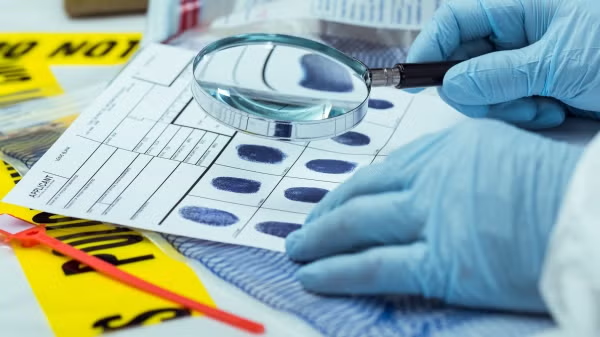ASU assistant professor awarded early-career fellowship for work in molecular sciences

Alexander A. Green awarded 2017 Alfred P. Sloan Foundation Researchellowship
Alex Green, assistant professor in the School of Molecular Sciences and the Biodesign Center for Molecular Design and Biomimetics, has been named a recipient of a prestigious 2017 Alfred P. Sloan Foundation Research Fellowship. These fellowships are awarded to early-career scholars who the Sloan Foundation describes as “the most promising scientific researchers working today.” Awarded in eight scientific and technical fields, Green is one of 12 winners in Computational and Evolutionary Molecular Biology.
Green works generally in the areas of synthetic biology and nanomaterials, and the award spotlights his research on computational design of functional RNAs for use both inside and outside of cells. As a post-doctoral researcher Green invented the "toehold switch" riboregulator, a computer-designed hairpin RNA structure that can control the expression of virtually any target gene in response to an RNA trigger.
This technology can be used as a sensor, or detector, for specific RNA sequences. Together with collaborators from Harvard and the University of Toronto, Green and his group at ASU recently developed an efficient and inexpensive sensor for the Zika virus. Small quantities of Zika RNA found in the blood of infected individuals can act as the RNA trigger to open a toehold switch that initiates translation of a reporter protein, and ultimately, a color change in a simple paper test kit.
Green and his group are now exploring a wide range of other applications for riboregulators as low-cost nucleic acid detectors for other dangerous viral and parasitic infectious diseases. He is also using riboregulators to perform biomolecular computing in cells.
“Dr. Green’s work is typified by outstanding scholarship and a relentless commitment to making critical advances that will benefit science and society at large,” said Neal Woodbury, director of the School of Molecular Sciences.
“The Sloan Research Fellows are the rising stars of the academic community,” said Paul L. Joskow, president of the Alfred P. Sloan Foundation. “Through their achievements and ambition, these young scholars are transforming their fields and opening up entirely new research horizons. We are proud to support them at this crucial stage of their careers.”
Sloan Research Fellows can use the award funds almost without restriction, to pursue whatever lines of research they are most interested in, or to open new research areas.
“I’m honored to be recognized as a Sloan Research Fellow," said Green. "This award will give my group the freedom to pursue some new high-risk ideas we’re excited about in protein detection and portable diagnostics that have a lot of potential for addressing global health needs.”
The Alfred P. Sloan Foundation is a philanthropic, not-for-profit institution that awards grants for original research and education in science, technology, engineering, mathematics and economics. Additional information is available at www.sloan.org.
More Science and technology

Learn about the secrets of forensic science straight from the experts
Over the next week, true crime enthusiasts will have a rare opportunity to discover the secrets of forensic science as experts…

New cancer treatment disrupts tumor growth
A new discovery may bring science closer to stopping cancer in its tracks.Researchers with the Biodesign Center for Applied…

Phoenix-based startup taps ASU alum to develop digital coach to help with menopause
It started with secret conversations behind the scenes at technology conferences.But Susan Sly and her colleagues weren’t…

